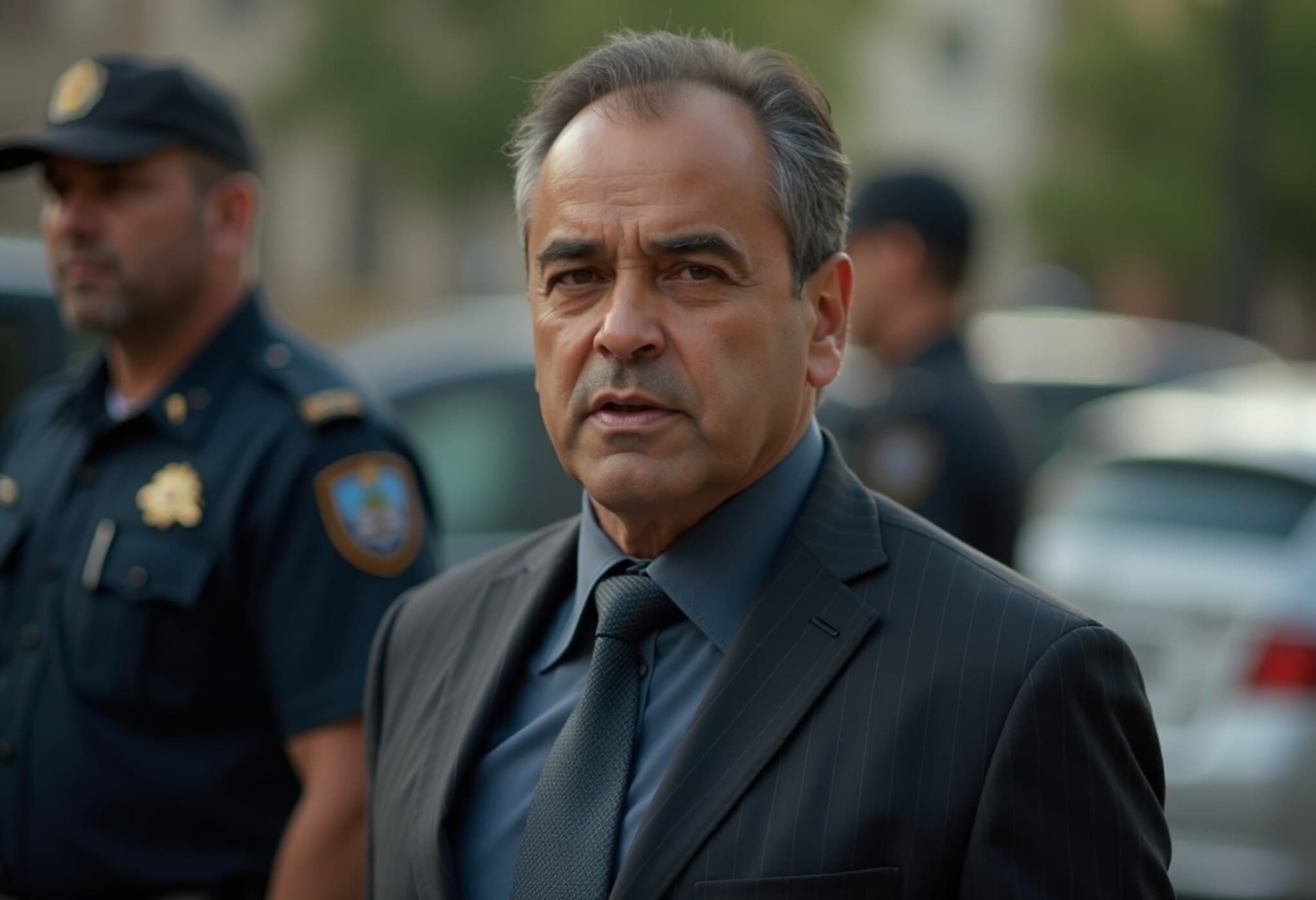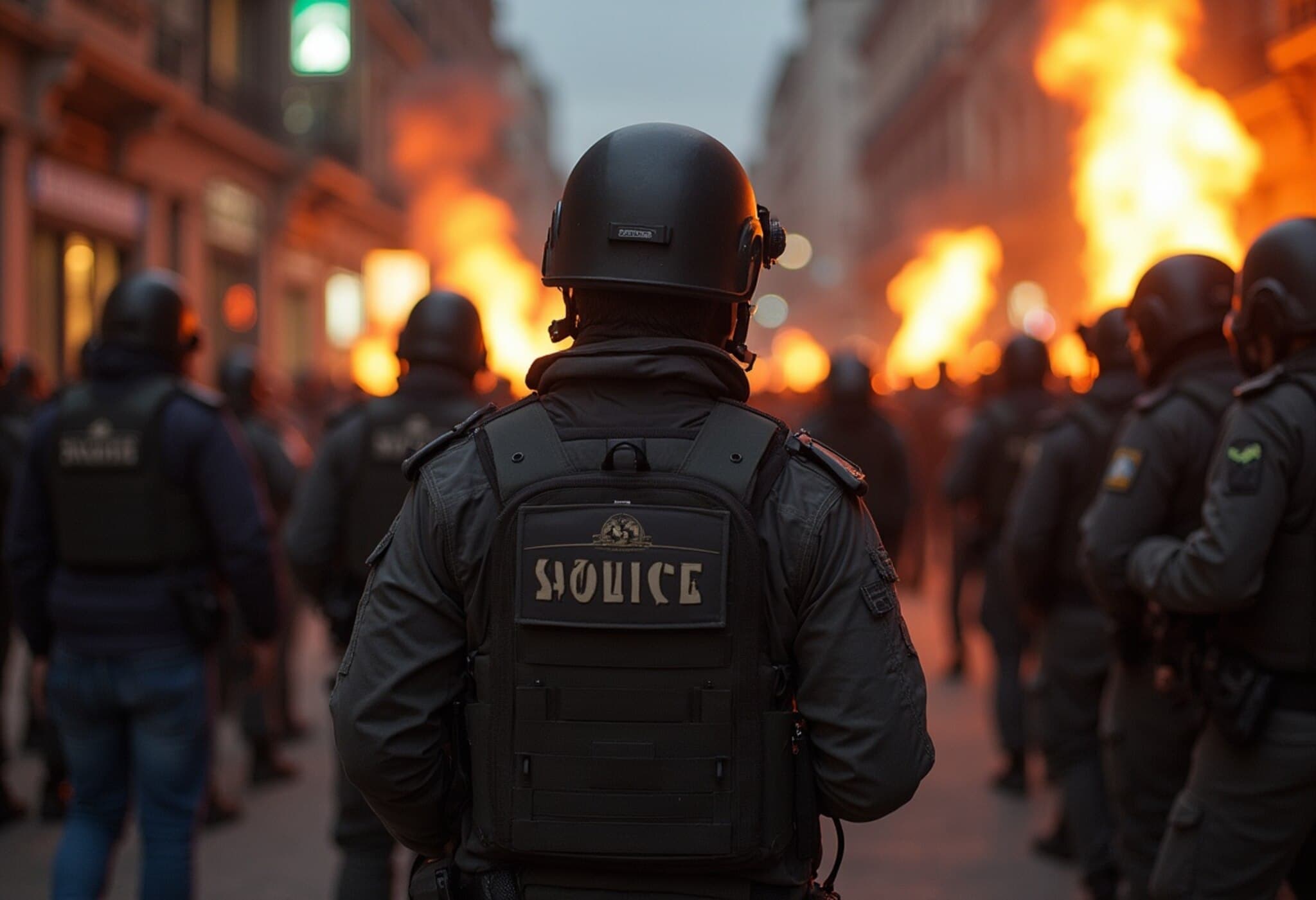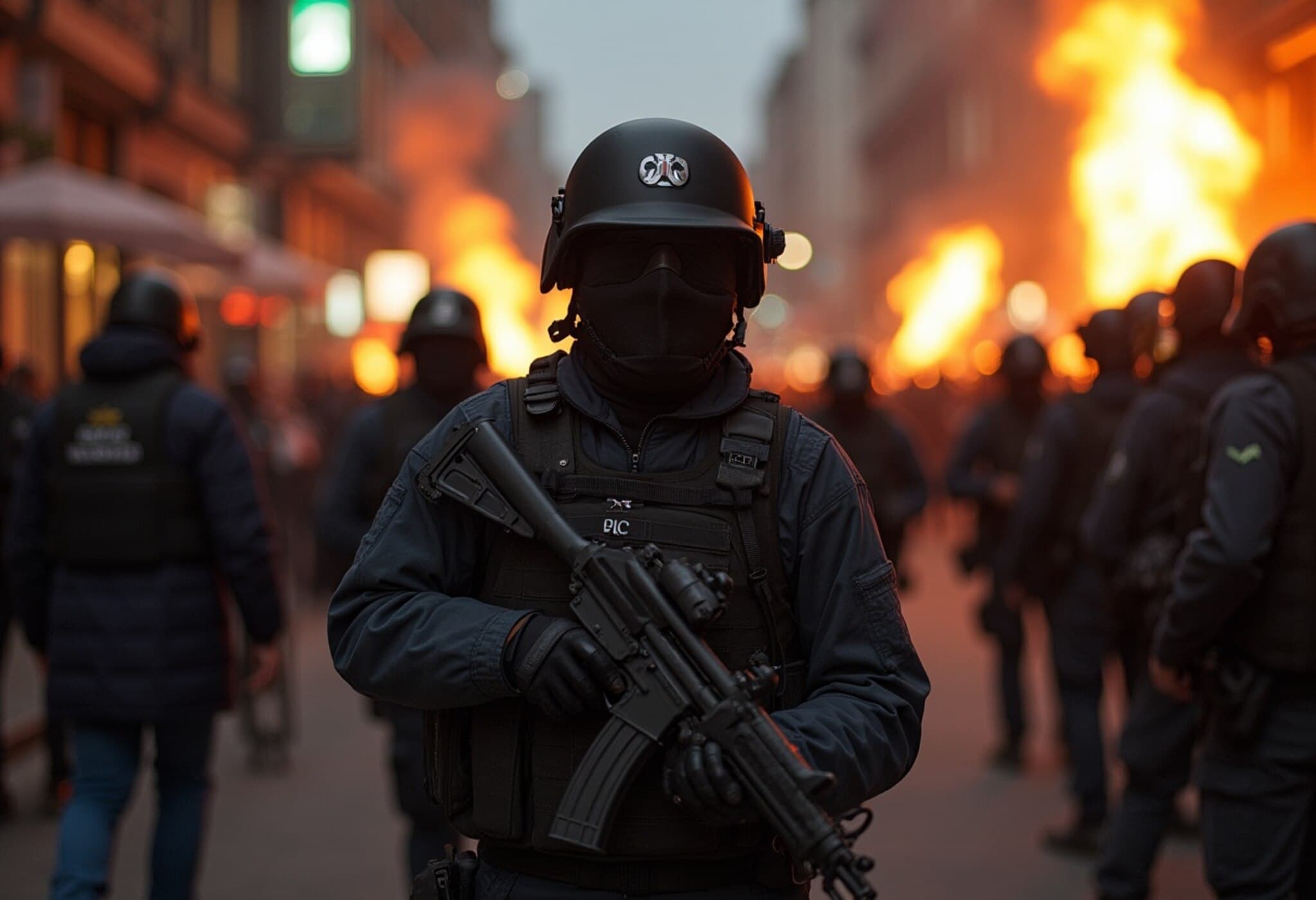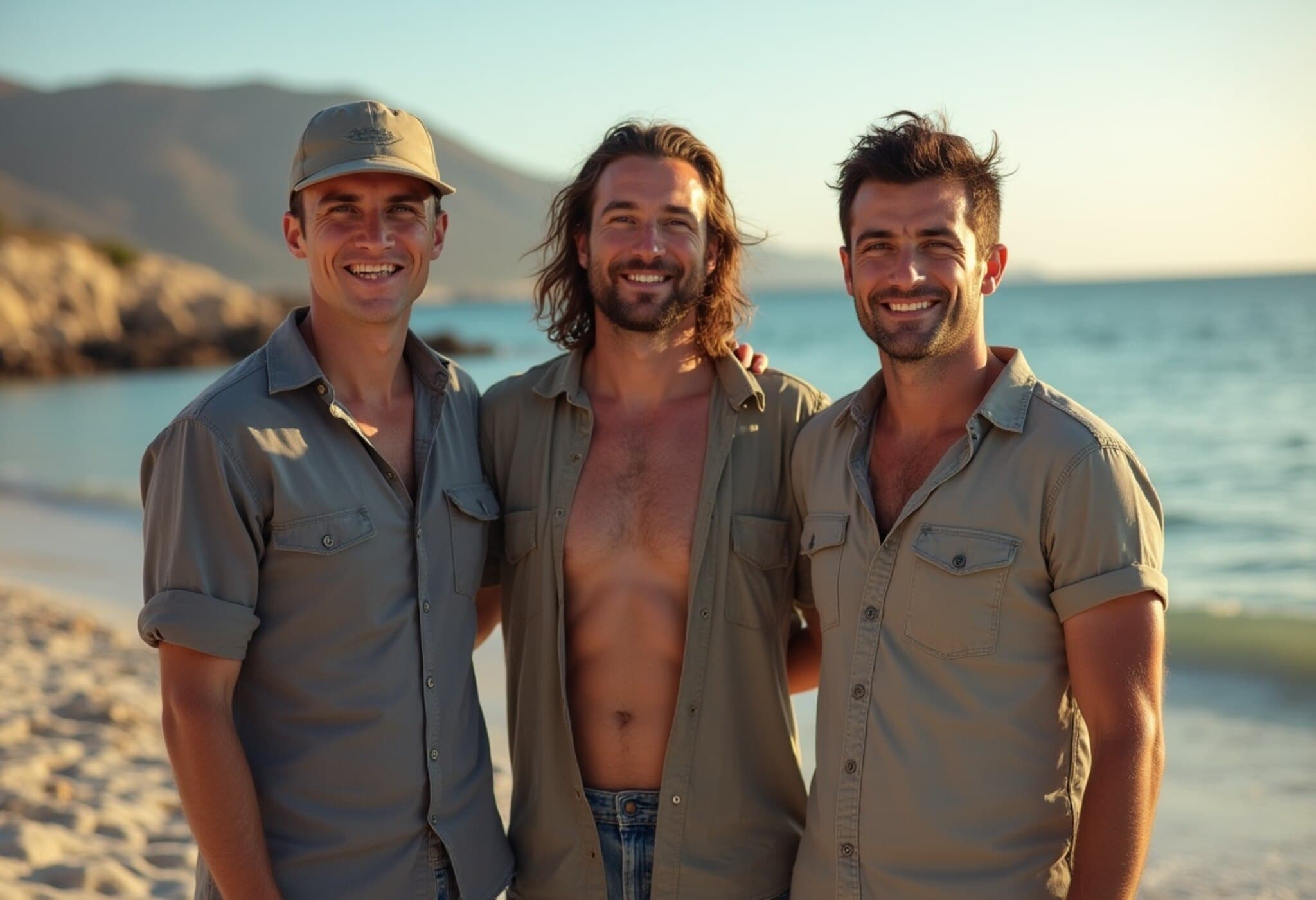Overview: Tragic Death of Australian Brothers Sparks Attention
In a heart-wrenching case that has caught international attention, two Australian brothers from Perth, Callum and Jake Robinson, along with their American friend Jack Carter Rhoad, were fatally attacked near a notorious Mexican beach known for drug trafficking. The shocking incident unfolded in April last year at a remote campsite on the Baja California peninsula, a region grappling with drug cartel rivalries.
The Crime Scene: La Bocana—A Remote and Dangerous Location
The trio had been camping at La Bocana, a secluded surf spot nearly two hours from the main road, accessible only by four-wheel-drive vehicles. They were traveling in a Chevrolet Colorado pickup when the attack occurred. La Bocana beach is infamous as a ‘hot spot’ for local drug labs, marijuana plantations, and drug shipments crossing into the United States, highlighting the region’s deep entanglement with organized crime.
Ensenada Court Proceedings and Accused Suspects
Two back-to-back hearings took place in Ensenada, Baja California, presenting emerging details about the accused. The prime suspect, Jesús Gerardo—also known by aliases including “El Kekas”—has a documented history involving corrupt police connections and organized crime ties. Alongside Gerardo, three other men—Angel Jesús, Ari Gisselle, and Irineo Francisco—face serious charges including aggravated homicide, aggravated robbery, violent robbery, grand theft auto, and forced disappearance.
Gerardo and Francisco attended the hearings remotely from El Hongo maximum security prison, located in the Mexican desert, while Gisselle and Jesús appeared in person. The legal process has been complicated by attorney absences and procedural delays, pushing the pre-trial continuation to late July.
Complex Motives: Theft or Something More Sinister?
Authorities suggest the victims were targeted primarily for their vehicle’s tires and that the attack escalated when the men resisted. This theory, if true, stands in apparent contrast to the environment of escalating cartel violence in the area. Experts caution that while tourist-targeted violence remains rare—due in part to the negative media scrutiny it provokes—Mexico’s Baja California peninsula is a battleground between competing drug cartels like the Tijuana Cartel, Jalisco New Generation Cartel, and Sinaloa Cartel.
The presence of illicit drug operations nearby raises critical questions about possible links between the attack and organized crime.
Broader Context: Mexican Justice and Public Trust
This tragedy unfolds against a backdrop of skepticism among many Mexicans regarding their justice system. A local not-for-profit organization combating corruption points out that an overwhelming majority—nearly 99% of murders in Mexico—go unresolved, eroding public trust further. A striking 77% of Mexicans believe crime investigations are pressured more by media and politics than by genuine justice concerns.
Human rights activists have also noted that cartels tend to avoid victimizing tourists to prevent drawing unwanted attention, adding complexity to this case.
Underreported Perspectives and Regional Implications
The discovery of a fourth body in the same location, believed to be a local farmer who lost control of his land to the Sinaloa cartel, reveals the broader social toll of cartel dominance. This incident highlights the tangled web of violence extending beyond the victims to impact local communities caught in the crossfire.
Experts including Cecilia Farfán-Méndez from the Global Initiative Against Transnational Organized Crime emphasize that this case demands scrutiny not just as an isolated crime but as a reflection of the persistent challenges Mexico faces in combating drug-related violence and ensuring tourist safety.
What’s Next?
- The presiding court is set to rule on combining all charges against the main suspect in pursuit of judicial efficiency.
- The next pre-trial hearing is scheduled for July 25, which could streamline or redefine the charges and court process.
- The ongoing investigation and trial proceedings will be closely watched both in Mexico and Australia, shedding light on cross-border justice cooperation and complexities.
Editor’s Note
This distressing case not only amplifies the human cost of cartel violence in Baja California but also underscores systemic issues within Mexican law enforcement and judicial processes. As families seek closure, questions linger regarding how such high-risk areas may become safer, and what mechanisms can better protect travelers and local residents alike. The international community’s focus on these trials could catalyze broader policy discussions about regional security, justice reform, and the responsibilities countries have towards citizens abroad.
Amid the grief and complexity, this tragedy is a stark reminder that beneath each headline lie layered stories of loss, resilience, and the urgent need for transparent justice.













